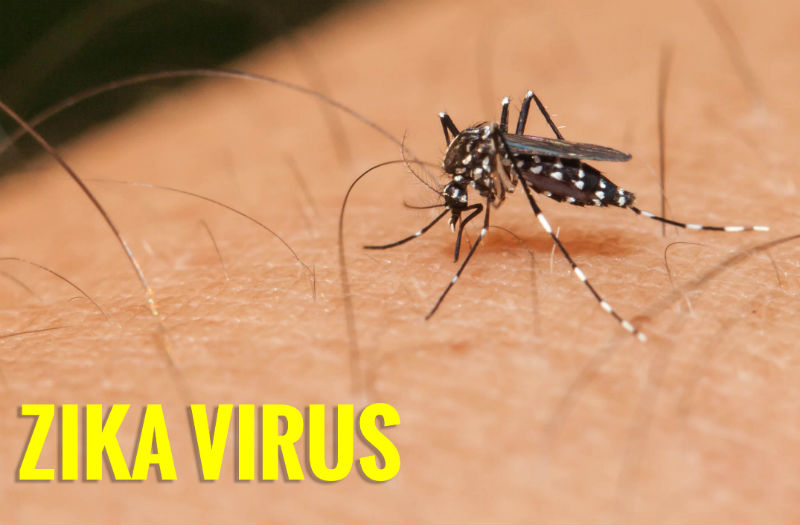-
Tips for becoming a good boxer - November 6, 2020
-
7 expert tips for making your hens night a memorable one - November 6, 2020
-
5 reasons to host your Christmas party on a cruise boat - November 6, 2020
-
What to do when you’re charged with a crime - November 6, 2020
-
Should you get one or multiple dogs? Here’s all you need to know - November 3, 2020
-
A Guide: How to Build Your Very Own Magic Mirror - February 14, 2019
-
Our Top Inspirational Baseball Stars - November 24, 2018
-
Five Tech Tools That Will Help You Turn Your Blog into a Business - November 24, 2018
-
How to Indulge on Vacation without Expanding Your Waist - November 9, 2018
-
5 Strategies for Businesses to Appeal to Today’s Increasingly Mobile-Crazed Customers - November 9, 2018
Takeda Subsidiary Lands HHS Contract to Develop, Test Zika Vaccine
The virus in pregnant women can cause the rare birth defect microcephaly, which can lead to serious developmental problems, and has also been linked to severe fetal brain abnormalities, creating an urgency to develop a preventive vaccine.
Advertisement
As part of its deal with the US government, Takeda is set to receive close to $20 million over the next 18 months as initial funding for preclinical research and manufacture of the vaccine candidate in preparation for early-stage human trials. It calls for funding of up to $312 million if the agency deems the vaccine worthy of moving through late stage testing and filing for approval, the company said.
However, the vaccine candidate that they are now testing in early human trials is based on DNA and does not contain any actual samples of the virus.
Takeda said it also in talks with BARDA and the Cabinet Secretariat of the Prime Minister Office regarding potential participation of Japanese health agencies in the collaboration, citing commitments by the Japanese government to infectious disease preparedness.
Dr. Rajeev Venkayya, president of the Global Vaccine Business Unit at Takeda, said: “Working with BARDA, Takeda is deploying its world-class expertise and capabilities in vaccine development for emerging infectious diseases, and our outstanding team and manufacturing facilities in Hikari, Japan”.
BARDA acting director Richard Hatchett said the agency is aggressively pursuing the creation of effective vaccine candidates that can help protect people both in the United States and overseas against the effects of Zika.
Takeda, which is also working on vaccines for other mosquito-borne viruses such as dengue, said it would initially receive almost $20 million to fund pre-clinical research and manufacturing in preparation for early human trials.
It is much more widespread in the USA territory of Puerto Rico and across the countries of South America, as well as Asia and Africa-with 65 countries now believed to have cases of transmission of the virus. More recently, Singapore identified a local outbreak.
On Thursday, officials in Florida said they had trapped in the Miami area the first mosquitoes that tested positive for Zika in the continental United States.
There are no drugs or vaccines available yet to fight the virus, which is risky to women because it can cause brain damage in babies and was linked to some cases of neurological disorders in adults.
Advertisement
A number of companies are already starting work on their own forms of a Zika vaccine, with GlaxoSmithKline ($GSK), Sanofi ($SNY) India’s Bharat Biotech and Inovio Pharmaceuticals ($INO) the bigger names to have signed up.





























